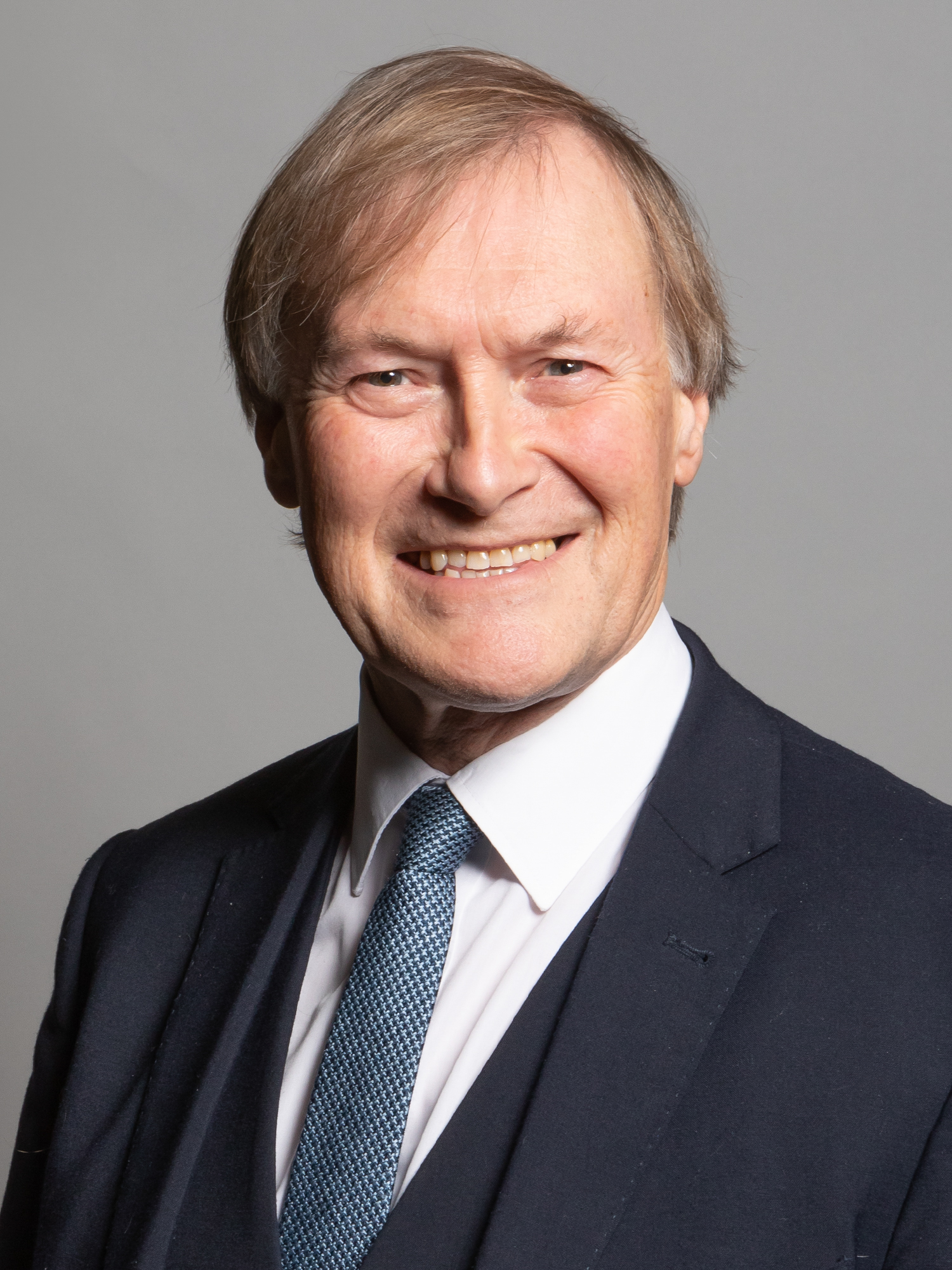A date has yet to be set for the byelection in UK’s Southend West following the killing of Conservative MP Sir David Amess. Owen Paterson’s constituency lies vacant too as he resigned following the lobbying scandal.
London: There is a world of difference between the public image of David Amess and Owen Paterson. Amess was a thoroughly decent MP, loved and respected by constituents and politicos alike. Patterson was found to have breached lobbying rules, a Tory cohort coalesced to protect him from the penalty of a 30 day suspension, which then backfired on the government; the resulting “sleaze” row has now evolved into a contention whether MPs should have other paid jobs.

Both Amess’s seat in Southend West and Patterson’s seat in North Shropshire are due for by-elections, had Amess not been murdered by Ali Harbi Ali and had Patterson survived the opprobrium surrounding his paid advocacy, both might have stayed on as MPs for another 20 years; it is not unusual for an MP to hold a “safe seat” for forty years or so. Local Conservative Associations are supposed to scrutinise their MP and keep up the checks and balances every three months but this rarely gets put effectively in place. Many Associations are secretive fiefdoms who tend to count on their MP to aggrandise themselves.
Which brings us to who might replace Amess/Patterson and what is the process to replace MPs. On the Conservative side anyone who is a Conservative Party member can apply for a Parliamentary Assessment Board (PAB). All that is needed are three references (personal, professional and political) and a completed application form, the questions on the application are fairly basic: Why are you a Conservative; what life experience has shaped you, plus an example of why you decided the way you did when life circumstances presented you with a challenge; what makes you think you are a suitable Conservative representative and include a brief biography. If all goes well and the applicant has demonstrated genuine interest and a sufficiently active political record she/he will be offered an assessment by the Candidates Committee, this is called the PAB.
In normal times a PAB can take months to come through and last for 5-6 hours, MPs-Peers and Party Officials are assessing if the candidate has MP potential, this is done through a series of tests. An essay will demonstrate literacy and editorial skill, an exercise in prioritisation of an MP’s intray, a group exercise with some role play that should result in a press statement that reflects the unity of the group, an interview about themself and lately an aptitude test has been introduced. The result will show the leadership and communications skills of the applicant, her/his credibility and conviction.
The above is just the beginning of a candidates journey, if selected (magic word) they are now on the Candidates List.
Technically candidates are selected about 2 years before a general election, in an unexpected or emergency election (2017 and 2019) all the above is condensed at short notice into a couple of hours, a rapid PAB, where the Party hierarchy decides who merits a rapid PAB.
In an emergency election Conservative Campaign Headquarters (CCHQ) can take over Candidate selection and bypass the Local Associations, which gives CCHQ the opportunity to shoehorn in their preferred candidates. The Tory hierarchy use a cunning wheeze to get their preferred candidate to become an MP, the preferred candidate is placed on the shortlist among two other “dud” candidates, the technique is known as a “stitch up”. The number of Conservative Party members in each Tory Association is not on public record, the average is thought to be between 100-500 members. On the by-election day not all Association members turn up to vote, typically just 50-100 local Conservative Association members can end up selecting an MP for the average constituency of 80,000 electors, who could remain in a seat for up to 40 years, till death
Emergency general elections have reduced the role of Local Associations, which is a contrast to the Cameron years, when candidates for the 2015 general election were already being selected by Associations in 2013 in open primaries, and any candidate on the list could apply for a winnable seat. The Association and the Candidates Committee worked together to prepare a long list of candidates who were invited to the local area to canvass alongside a local Councillor. Thus feedback on performance was available and the candidates were whittled down to a short list from which the Association would pick. This would still be the norm if general elections happened according to the scheduled dates, the last two emergency general elections overruled the democratic process with forced shortlists and “stitch-ups”.
In the rush to speed up selection, skills are missed, talent overlooked, calibre drops, meritocracy is abandoned, less domain specialism, less worldly experience; and in 2019 there was less of an ethnic minority intake and less of a variety of professions. On the other hand a number of special advisers (SPADS) made it onto the list and several winnable seats were allocated to SPADS. It is said some of the new intake of SPADS around the Prime Minister are intent on a political career and the only technique they know for advancement is being obsequious, other MPs have already questioned the loyalty before competence ethos.
With whispers in Westminster about an early general election in 2023, the wheels of candidate selection are in motion, and there is a whole new consultancy industry, well linked to the Tory hierarchy, that has developed around offering expensive services to candidates hoping for PAB’s.
Headhunting the missing meritocrats, intellect and domain specialists is not an idea that has yet been considered, thus just as well to prepare wannabe MP’s for the upcoming evaluation of their life to date, and for the under-remunerated hard work, responsibility, selflessness, discipline and integrity expected of an MP.

